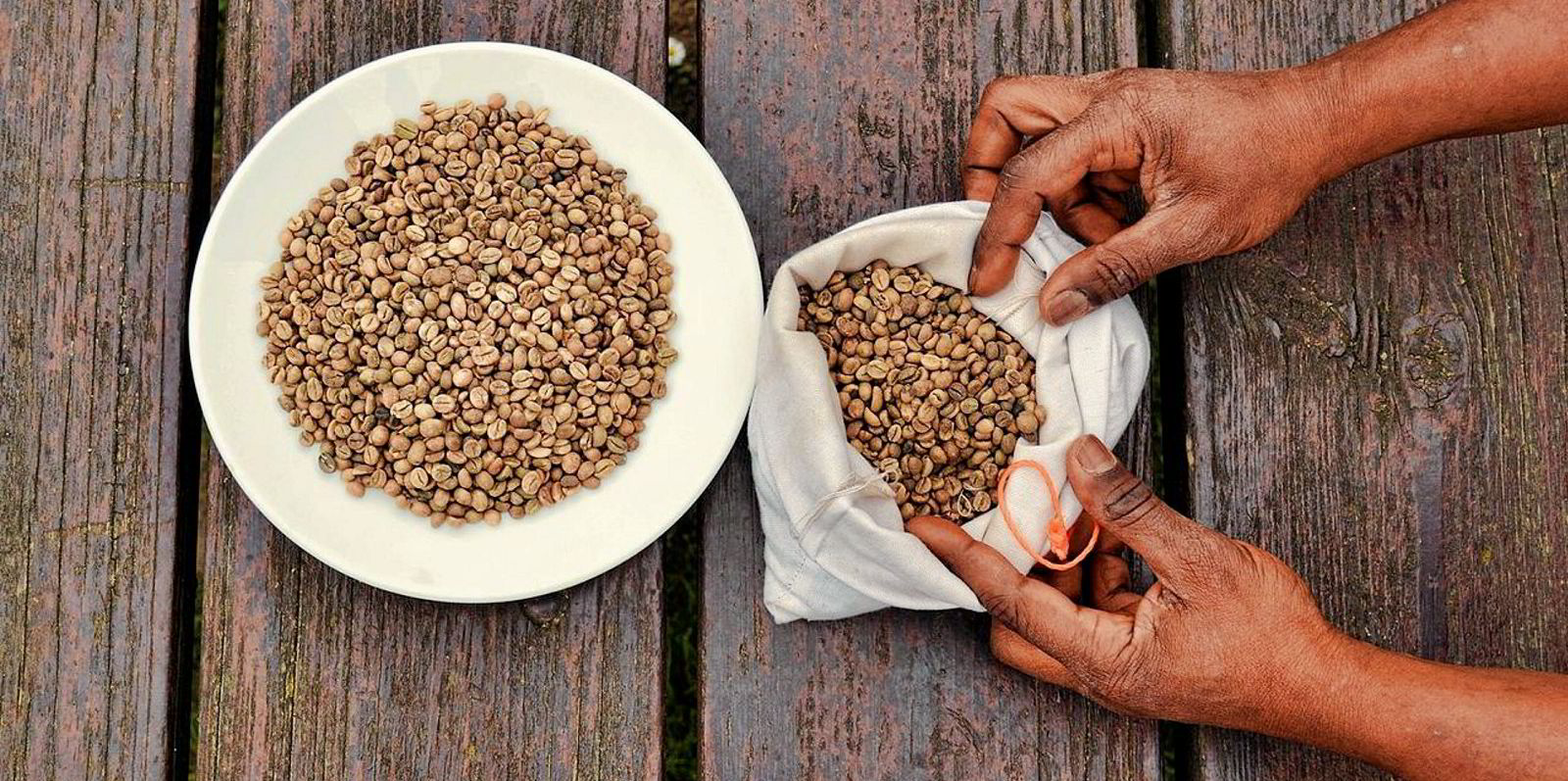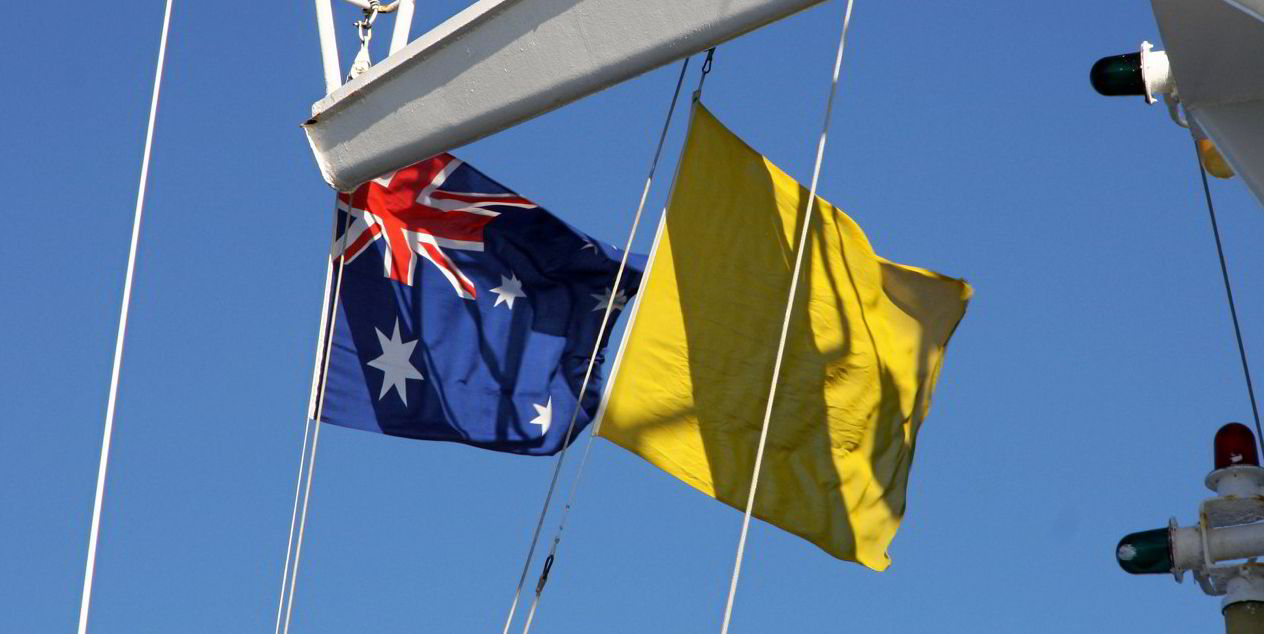Brazilian coffee exports plunged 25% in August due to difficulties securing enough space on containerships.
The Council of Coffee Exporters of Brazil (Cecafe) said shipments totalled 2.67m bags containing 60kg of beans, against 3.57m bags in the same month last year.
The country is the world's largest producer of coffee, but it has seen 3.5m fewer bags exported between May and August in total.
This has caused losses of about $500m.
July and August were the first two months of the year's new harvest.
Exports totalled 5.5m bags in those two months, down 18.7% a year ago.
Bottlenecks blamed
"The turnaround in the performance of Brazilian coffee exports, which were positive until July, reflects the continuity of logistical bottlenecks in maritime transport, a structural problem that goes beyond the borders of Brazil and the product, according to Cecafe.
President Nicolas Rueda said in a statement: "This serious operational crisis has generated soaring freight costs, constant cancellations of bookings – container space on ships – difficulty for new bookings and disputes for containers and places on the ships."
A titanic effort by the country's commercial and logistics sectors prevented the situation being even worse, Rueda added.
The president said that with the advance of vaccinations and the reopening of the main global economies, especially the US and Europe, there has been a "monumental" increase in food, goods and services, generating an intense demand for ships, mainly from China and other countries in Asia , for these regions.
Global imbalance
"This generated a global imbalance in the supply and demand for ships and containers, with a queue of vessels and a lot of equipment, such as containers, waiting for their turn," Rueda said.
"In other words, there is greater demand and the infrastructure is not immediately reactive, so the ports find their capacity strangled."
Volumes are already smaller in the current harvest, due to a negative biennial cycle, Rueda added, as well as the impacts of drought.
"Given this lower availability of coffee in the current harvest, planning, agility, persistence and logistical and commercial efficiencies are even more necessary until the bottlenecks in global maritime trade start to be overcome, which should only happen from the second half of 2022," he forecast.
The port of Santos remains the main export terminal in Brazil.
So far this year, 20.4m bags have left from there, which is 78% of the total.






